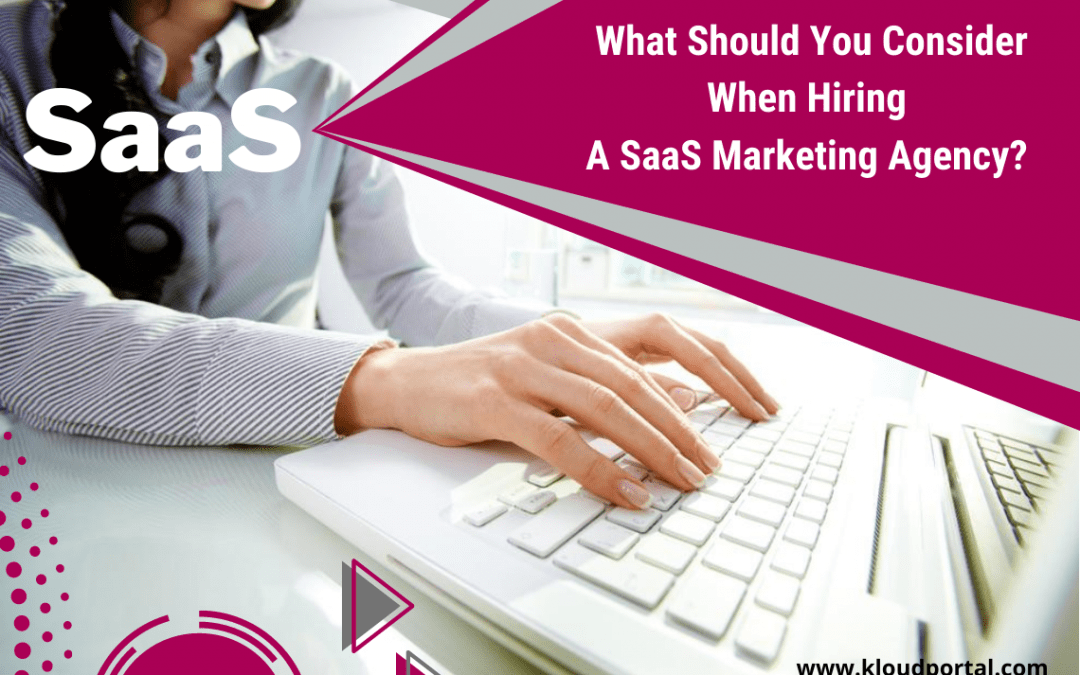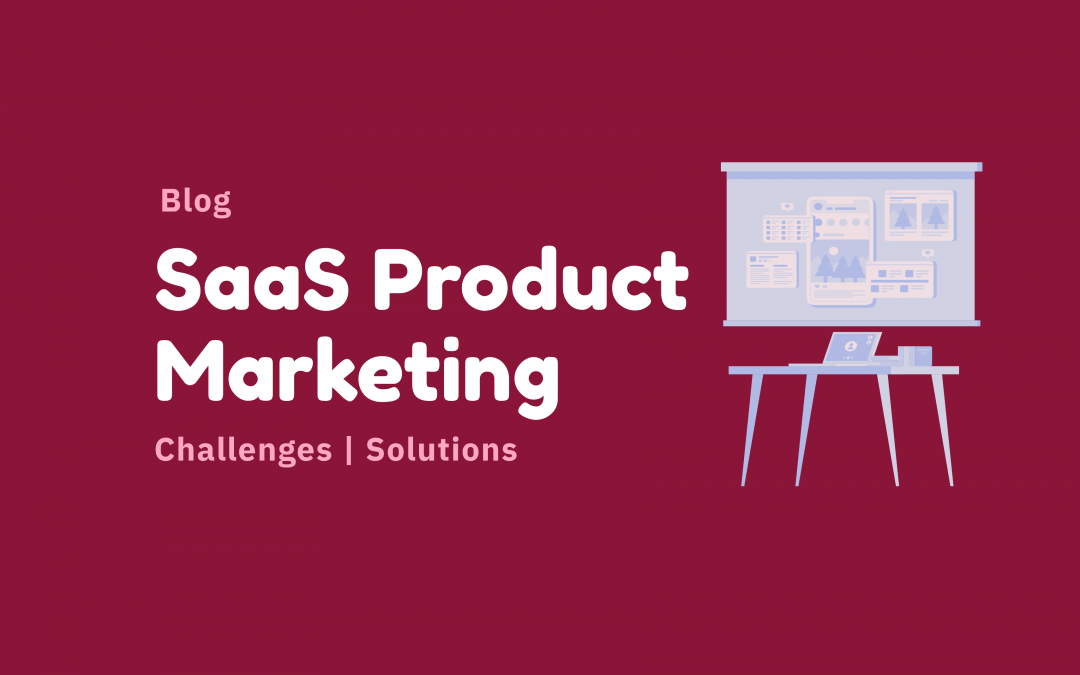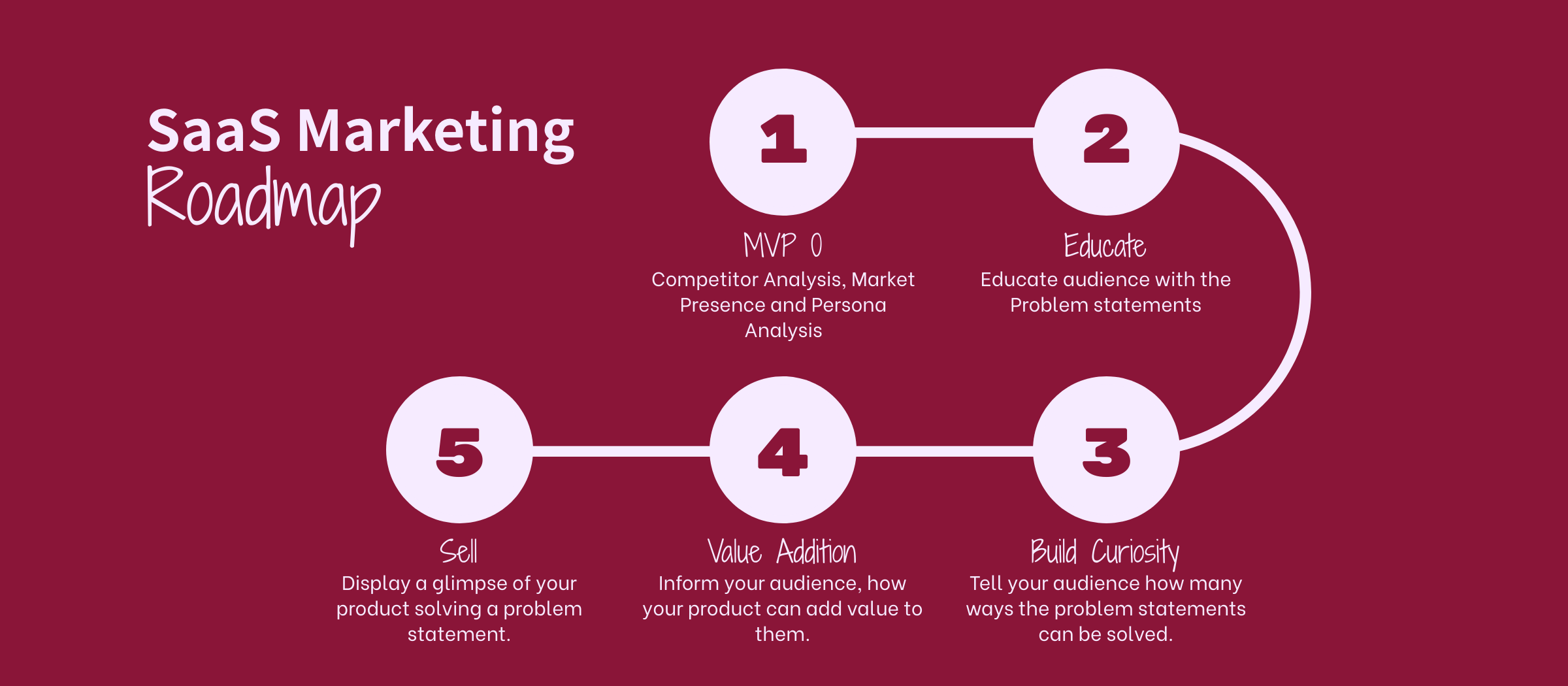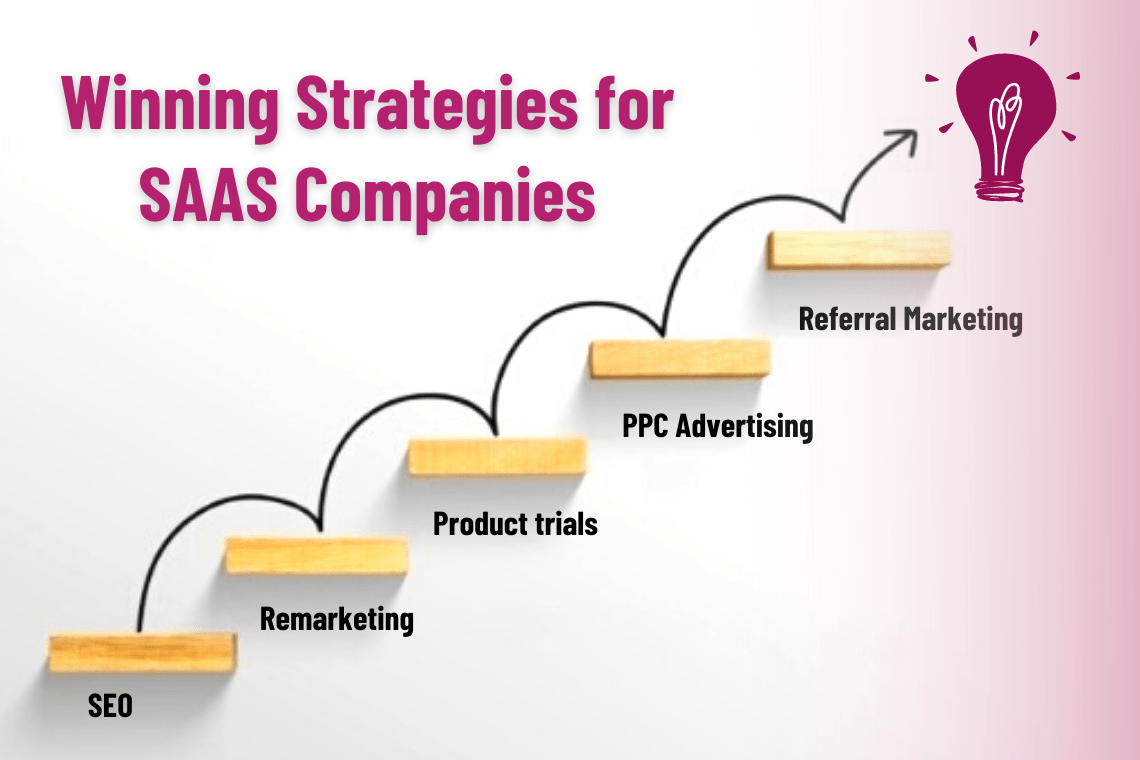
Ideation To Investors to IPO: How Should You Plan Your SaaS Product?
A very important thing in SaaS marketing is retaining the customers and ensuring that they continue to subscribe your product and services. This alone can guarantee that the company’s annual recurring revenue (ARA) continues to grow. Retaining the SaaS customers in today’s fiercely competitive business environment is not easy and you must outsource customer service for great results. To know more about this and other issues, you should read 10 Great Customer Service Tips to Improve your Customer Satisfaction on KloudPortal, a leading digital agency that provides sales and marketing outsourcing services to SaaS companies.
Need for capital
Capital is a basic need for any business whether a startup or a big enterprise. It applies to SaaS products as well.
There are at least 2 counts on which money needs to be spent in ample measure: HR and SaaS Marketing. Software development is a labor- and skill-intensive business where qualified and experienced hands are needed and it cost top dollar to the company. Marketing is something that you can’t do without, more so for SaaS product marketing that faces some exceptional challenges.
Why you need a SaaS Product Marketing Agency?
When it comes to SaaS B2B marketing, it is not possible to work without a SaaS Product Marketing Agency. It is so because a SaaS company needs to grow rapidly and at a high rate to remain in the reckoning. As per a report, a SaaS company that grows at 20% per annum will most likely cease to exist in 5 years – such is the pace of innovation that the tough competition that follows. The average growth rate of successful SaaS companies in the first 5 years should be above 65%, says another report.
To achieve and sustain such a high rate of growth, companies need to spend vigorously on SaaS product marketing.
This brings us to our topic of the discussion – Ideation to Investors to IPO: How Should You Plan Your SaaS Product?
Need for SaaS product planning
A SaaS product must be comprehensively planned from budgeting to market research, product development, and introduction to the market.
We will explore different aspects of funding and SaaS product planning in some detail here:
Funding
The need for a strong funding support is paramount in SaaS marketing. Access to capital is a competitive area and not easy to come by. However, there is a proven roadmap that can help any enterprise in accessing capital.
Here is how a SaaS startup can raise funds to support its marketing, growth, and expansion plans:

Angel Investors:
This is also called seed funding and is the earliest stage of funding for a startup. Here, a High Net-worth Individual (HNI) invests in a business idea more because he is convinced of the abilities of the entrepreneur rather than the SaaS business idea. However, given the high risk in such businesses, an angel investor may not exceed his exposure to startups beyond 10% of his investment portfolio.
More often than not, an angel investor may come from close family and friends. For a startup, it makes sense to work within its budget and this concept is called bootstrapping. It intends to stay clear of capital at high rates or on coercive terms.
Venture capital:
Once a SaaS startup finds its groove and is poised for steady long-term growth, it needs a fresh round of capital. At this stage, both HNIs and institutional investors such as investment banks may be interested in funding your business.
Series A, B, C…
After the business has been fairly successful, you need to work on the growth and expansion fronts. And at this stage, investors are interested in becoming part of your SaaS success story by bringing their capital and taking equities in your business. Series A, Series B, and Series C represent the stage of the business and why the funds are needed.
Series A investments are linked to the basic capital requirement in the initial stages of a startup and may still come from angel investors or capital firms.
Series B funding is likely to be used for expansion and improving the portfolio of products and services. Usually, venture capitalists bring in investments for this round.
Series C investment shows investors have confidence in the business and want to invest in its further growth and expansion.
Planning an IPO
When a SaaS startup has become successful and well-known in its niche and industry, it has capital requirements for various new projects including some strategic acquisitions. To fund these activities, the founders decide to go public and sell a percentage of the equity in the company to the public. The company needs to engage an underwriter or investment bank to take your IPO plan forward as it’s an exclusive area of domain experts.
SaaS product planning
Once the funding roadmap is clear, you can get back to your SaaS product and take a serious look if it needs any tweaking and adjustments as you ready to go to the market with it. Here is a checklist for SaaS product planning and development:
Faith and conviction in your SaaS business idea
Are you convinced and committed to your business idea? Most businesses fail for the lack of these two factors. Read about prominent SaaS products such as Salesforce, Oracle, Amazon, Google, and IBM for inspiration and course correction.
Product planning
Analyze the market in terms of customers, competitors, business model, and advantages your product enjoys on these counts. Develop a business plan about the pain point your product is going to solve, target audience, brand building, advertising, and funding.
Create your team
A SaaS company needs a team of expert IT and marketing professionals. In particular, you will need business analysts, software developers; designers; quality assurance engineers, and project managers.
Build an MVP
Coming up with a minimum viable product (MVP) and introducing it to the market is an important step. It not only gives you an early bird advantage but also helps you with feedback and course correction advantages.
Summing up
SaaS product planning and funding management are two key components that determine the success of SaaS B2B marketing products. However, taking on board a SaaS Product Marketing Agency can help the company overcome many of the hurdles on the way to success. If you are into the SaaS product business, you should read some of the blogs on Start-up Marketing Mistakes You Should Avoid and Things You Need To Know In Digital Marketing. You will find these blogs on KloudPortal, which is a top-ranking sales and marketing outsourcing service provider to SaaS companies.










 Though SaaS product development itself is less than two decades old, our fascination to study the SaaS Product roadmap has never ended. We keep updating ourselves with latest techniques, market shifts and marketing tools to take SaaS products in to the market. Stay tuned to this space, as we will be coming up with more articles on SaaS Product Marketing. If you want to explore more about
Though SaaS product development itself is less than two decades old, our fascination to study the SaaS Product roadmap has never ended. We keep updating ourselves with latest techniques, market shifts and marketing tools to take SaaS products in to the market. Stay tuned to this space, as we will be coming up with more articles on SaaS Product Marketing. If you want to explore more about 
